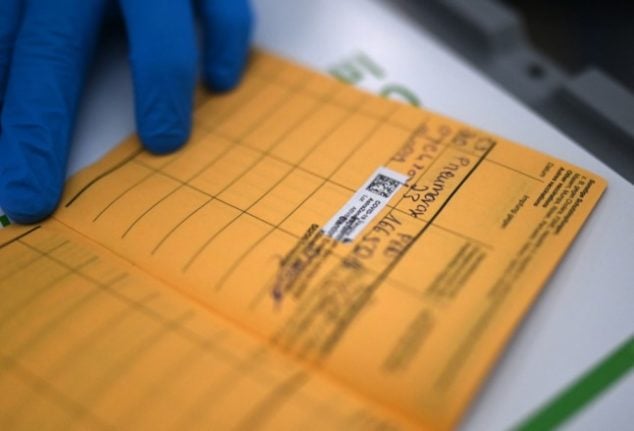The bank has long expressed its dissatisfaction with the division’s profitability and is currently reviewing alternatives for this banking arm. In this process, SEB has received third-party interest for a possible sale of the business and is now in talks with several parties regarding a possible divestment.
“They are several different parties in several different countries,” Viveka Hirdman-Ryrberg, SEB’s head of group communication, told The Local. “We have been very clear over several quarters that our German retail business has been performing at a subscale level. Profitability is low and we are pursuing different options.”
She added, “We have issued this press release because we are more specific about more discussions with several parties regarding a possible sale.”
According to analysts, the unit for many years has had difficulty responding to SEB’s profit targets, news agency TT reported. Since the European Central Bank lowered its key interest rate to a record low of 1 percent in the wake of Lehman Brothers’ collapse in 2008, the unit has posted losses.
The company also operates a profitable corporate banking and asset management business in addition to the Germany-wide retail banking unit.
“Germany is an important market for SEB and our customers and we will continue to develop and invest in the corporate business there,” the company said in a statement.
Earlier in May, Spanish bank Grupo Santander’s CEO Alfredo Sáenz Abad said that his bank is considering buying SEB’s assets in Germany, TT reported. Santander, Europe’s largest bank, has grown rapidly in recent years thanks to its overseas acquisitions. They have specialised in buying banking businesses with profitability problems and effectively consolidating them post-acquisition, the report said.
Santander and Italy’s Unicredit have already submitted bids, Dow Jones Newswires reported, saying a deal could be signed at the end of July.
As to whether the corporate banking unit is under consideration for a possible sale, Hirdman-Ryrberg told The Local, “No, definitely not. The merchant bank, corporate banking arm is very profitable. We’re investing in that business, it’s very successful. We’re the only Nordic bank with a local presence in Germany and we are proud of that.”
SEB has 174 offices and about 1 million customers in Germany, including 23,000 small and medium-sized businesses. SEB entered the German market in 2000 after acquiring BfG Bank.
SEB has about 400,000 corporate customers and institutions and 5 million private clients. SEB offers full banking services in Sweden, Germany, Estonia, Latvia and Lithuania. It also has a local presence in the other Nordic countries, as well as Ukraine and Russia.
As of March 31st, its total assets amounted to 2.29 trillion kronor ($300.28 billion), while its assets under management totalled 1.38 trillion ($181.61 billion). The company has about 21,000 employees.


 Please whitelist us to continue reading.
Please whitelist us to continue reading.
Member comments